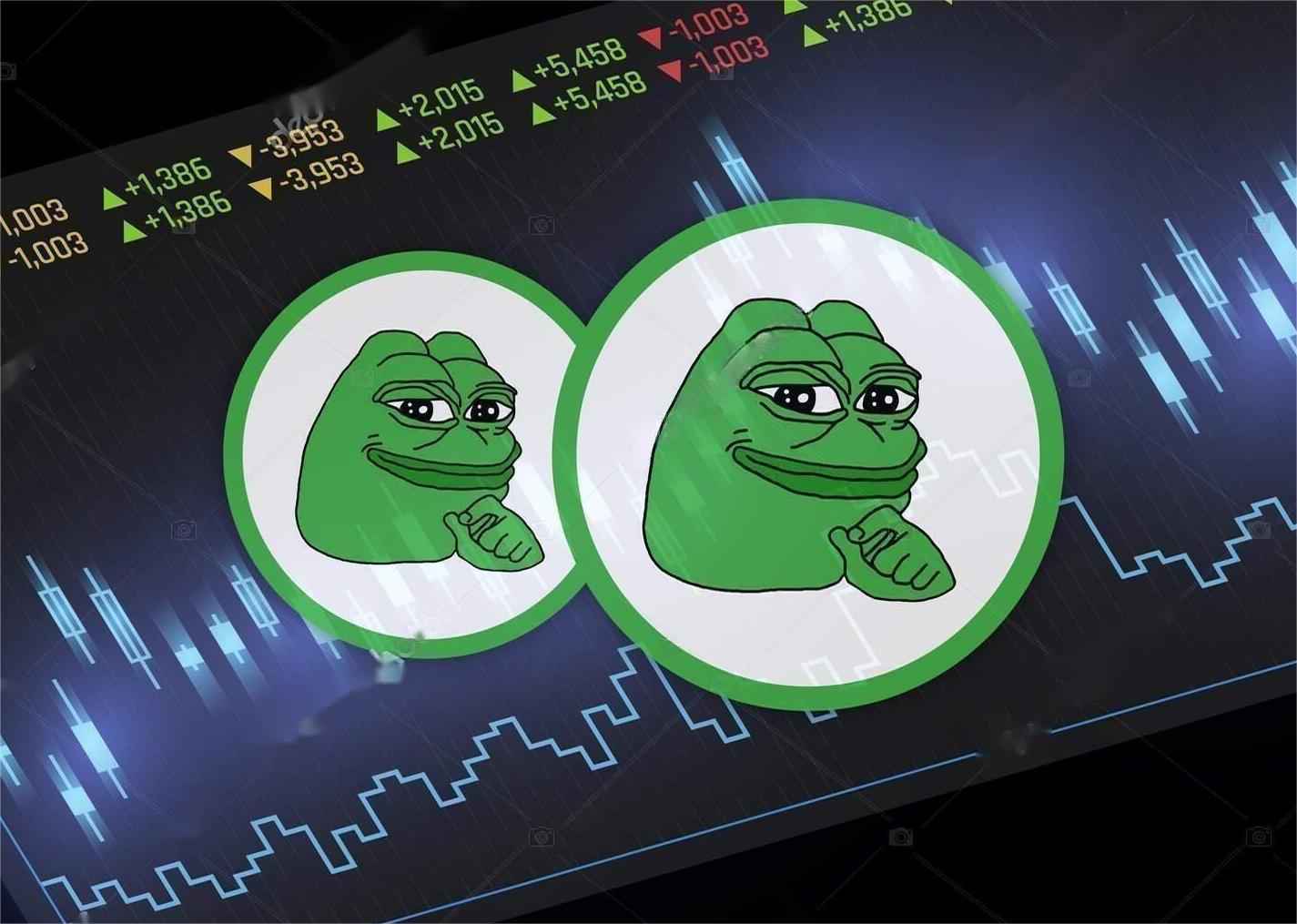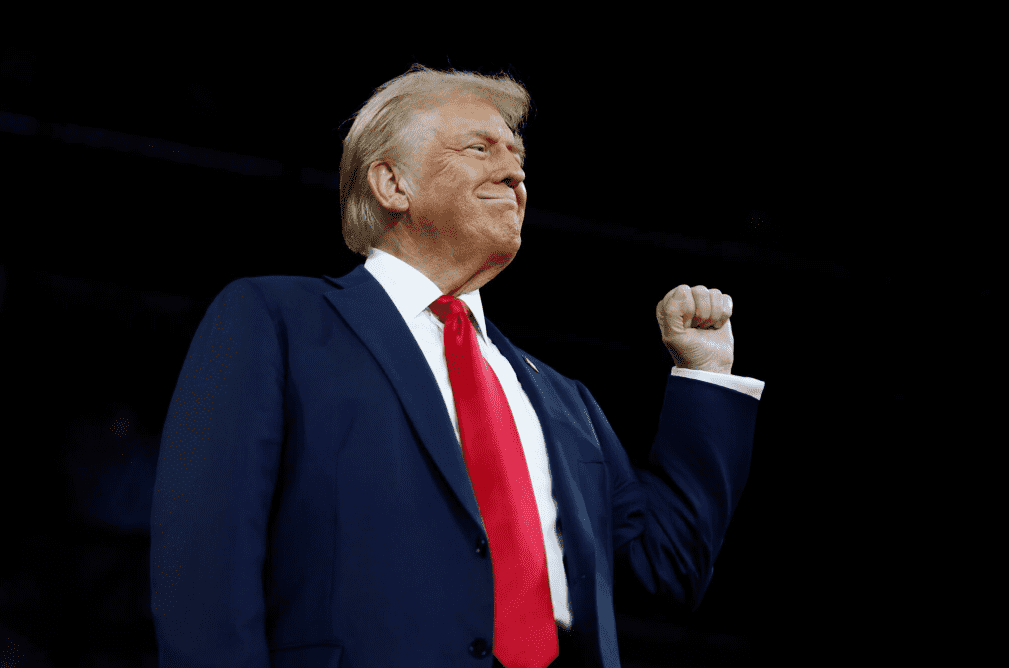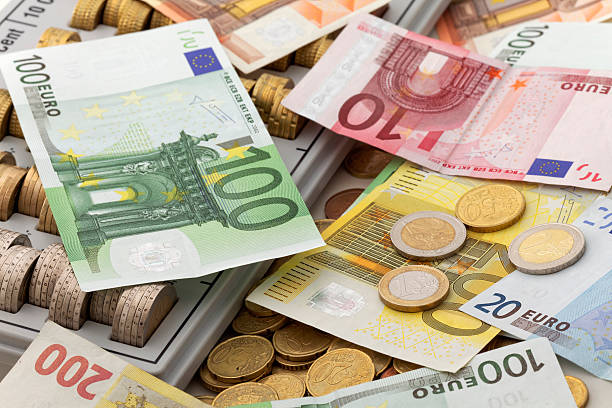Alibaba stock rose 8% after CEO Eddie Wu said AI spending will exceed its $53B plan

Alibaba raised its bet on artificial intelligence around twenty-four hours ago, and the company’s stock surged by 8% to close, hitting a level not seen in nearly four years, after CEO Eddie Wu said on stage in Hangzhou that the company is spending more than the $53 billion it had previously committed. He didn’t say how much more, but he made it clear it won’t be small.
Eddie told the crowd that global AI spending could reach $4 trillion over the next five years. He said Alibaba has to match the pace or risk falling behind. That alone moved the market. The company’s U.S.-listed ADRs spiked fast.
That’s how serious investors are taking this arms race. Alibaba is now chasing the same wave Amazon, Microsoft, Alphabet, and Meta are riding, all expected to pour $364 billion into AI next year, way up from the $325 billion they estimated before.
Alibaba launches Qwen3-Omni and partners with Nvidia
Eddie also announced the launch of Qwen3-Omni, an open-source model that handles text, audio, images, and video. It’s built for generative AI, which has become the heart of every major tech push this year. This model is part of Alibaba’s goal to build out its own AI stack, from software to silicon.
The company also signed a deal with Nvidia to use its training tools for robotics and self-driving vehicles. No dollar figure was given, but the deal matters. The U.S. has made it harder for Chinese companies to buy Nvidia’s chips.
So Alibaba is working around it. Other Chinese firms are also building domestic chips to replace U.S. tech. That includes the ones used to train and run these large AI systems.
Eddie said the company is aiming to become a “full-stack” AI provider, and that includes its own chips. Right now, its cloud division already works with clients in the U.S. and Australia, but now they’re expanding.
New data centers are opening in Brazil, France, and the Netherlands. These will power the next generation of Alibaba’s AI infrastructure.
Investors flood in as AI spending explodes
Alibaba’s stock is now up 110% in 2025 alone. Its cloud revenue jumped 26% year-over-year in the second quarter. Eddie said AI, cloud, and e-commerce are now the company’s three main engines of growth, and AI is taking the lead.
Investor Cathie Wood also made a big move. On Monday, she bought $16 billion worth of Alibaba stock. Half of it went into the Ark Fintech Innovation ETF, the rest into the Ark Next Generation Internet ETF. It was her first major buy of the company since 2021.
Meanwhile, Oracle is seeing the same effect. The company is investing $35 billion in AI infrastructure for 2026, and that figure is expected to hit $65 billion by 2029. Thanks to new deals with OpenAI, Meta, and SoftBank, its stock has soared, adding $390 billion in value this year.
Not everyone is convinced this growth is safe. There’s rising concern that deals like Nvidia’s with OpenAI might be inflating a bubble. Critics say Nvidia is basically investing in its own customers, which is a dangerous loop.
Michael O’Rourke, chief market strategist at Jonestrading, said Nvidia’s massive $4.3 trillion valuation means even small stock moves can shift billions of dollars. He called it “atypical market behavior” and said it shows we’re in a “bubble environment.”
Others agree the risks are piling up. Louis Navellier, investment chief at Navellier & Associates, warned that the U.S. stock market is now worth more than twice the size of the country’s economy. He said, “We are clearly in uncharted waters.”
Still, for now, the arms race keeps heating up. Global X’s Dessai said the biggest risk right now isn’t overspending, it’s spending too little. He said, “The biggest risk right now is underspending, especially if you are a category leader.”
Join Bybit now and claim a $50 bonus in minutes







